Dir. Wang Xiaoshuai. Hong Kong. 2003. 120mins
Wang Xiaoshuai's follow-up to his Berlin winner Beijing Bicycle goes back to the more hermetic, introverted style that established his reputation with arthouse patrons in his earlier films. Drifters, which premiered in Un Certain Regard at Cannes, is a Hong Kong production shot in mainland China with a mostly Taiwanese crew and deals with, among other things, the illegal immigration of its youth to the US. A demanding picture that requires a certain amount of patience and attention before it delivers its full meaning, it may lack the solid structure of Frozen or its dense socio-political subtext, but watching the film is a rewarding experience, and it should be assured of a festival and arthouse career.
Hong Yunsheng is a celebrity of sorts in his hometown, after having tried several times to sneak into the US, once even managing to get in. Hong lived in the US for several years and had a son with the daughter of his employers, but had to leave him behind when they turned him in and he was sent back to his homeland. Now, he spends his days wandering around town aimlessly, courting an actress of the visiting Shanghai Opera troupe and generally avoiding as much as possible any contact with people in general and his own family in particular.
One day he hears his US boss has come to visit and has brought Hong's son with him to show him off. Hong is naturally expected to claim his rights as the lawful father of the child and demand to see him, but having been forced in the US to sign a contract giving up all parental rights or be handed right away to the immigration authorities, Hong would rather not do a thing. But he cannot resist the pressures of his brother and sister-in-law, who require that he fulfil his familial duties, and soon enough he realises how much he needs to meet his son.
In Wang Xiaoshuai's distinctive narrative style, all this information is relayed in a roundabout way, sneaked in little by little. Effects come first and their causes are discovered much later - often the way in real life but not usually the case in movies. His camera, ostensibly observing the proceedings from a distance and never interfering with them, seems at times infuriatingly inactive.
Events that appear to be completely arbitrary are shown in a loose detached manner and substantiated only several sequences later. And characters that look apathetic at first reveal, as the camera fixes on them, a hard edge and a stubborn determination that is not immediately evident. The approach is similar to opening Chinese boxes, one inside the other - you have to open a lot of boxes before you can find out the meaning of the first. Annoying for some, rewarding for others.
Helped by the remarkably meticulous work of cinematographer Wu Di, whose careful framings and use of light are essential for this type of film, Wang draws from the apparent indifference of his actors a variety of moods, from deep gloom to sudden angry flashes and pure elation. Most successful is a beach scene where Hong and his son get to know each other, which starts in brooding non-communication and ends in joyful reunion.
Given the director's past record of troubles with the Chinese censors, he makes few attempts to appease the authorities in this film. The film's theme is one that could be deemed sensitive and the film offers some insights that probably will not delight the regime. One the other hand there is no attempt whatsoever to glamorise the American dream, or to suggest that it should be a Chinese dream too. And while politics are constantly in the background, family life and traditions are the main issues.
In one scene, a party apparatchik tries to persuade Hong to lecture on the hardships of American life to discourage immigration, but the film also includes almost identical opening and closing sequences in which shiploads of stowaways set sail for the US, proving the pointlessness of these lectures. One wonders if the picture would have ended the same way had the film been produced in mainland China. Probably not.
Prod co/int'l sales: Purple Light Films
Prod: Zhou Zhihao
Scr: Wang Xiaoshuai
Cinematography: Wu Di
Ed: Liao Ching-song
Art dir: Zhang Jianlin
Sound: Tu Duu-chih
Main cast: Duan Long, Shu Yan, Zhao Yiwei, Tang Yang





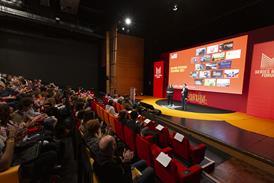
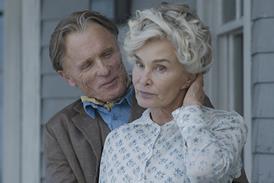
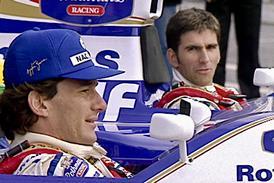




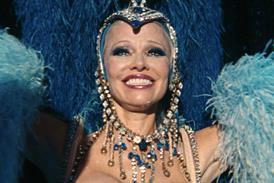

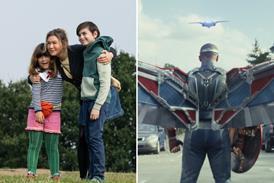

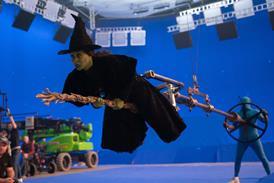
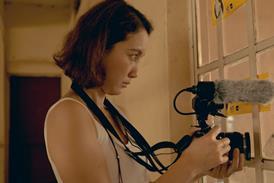

No comments yet